📓 Notes on Resilience: “God, I Miss the Old Me”
There’s a line in a Zach Bryan song that goes, “God, I miss the old me.”
The first time I heard it, I nodded so hard I nearly pulled something. Because yes. Same, Zach. Same.
The other night, Cindy found her old digital camera—you know, the kind with the clunky buttons and the mysterious cord that never fit anything else. We were sitting at the kitchen table scrolling through photos from over a decade ago. And there we were: younger, glowier, suspiciously well-rested.
Our oldest was up to our hips, his hair still in that wild— I’m 7year old and I’m an adult— phase. We looked like babies ourselves. My gait was normal. My voice untouched. My diagnosis, though technically present, was invisible—tucked away like some unopened letter we hadn’t read yet.
And something about seeing that version of us, frozen in a time when I could carry a kid on my shoulders without doing a full orthopedic risk assessment, brought on this quiet ache.
God, I miss the old me.
But the truth is, the “old me” didn’t know what was coming. He didn’t yet know the language of MRIs or mobility aids. He hadn’t yet learned to mourn his own body while still loving the life inside it. And he definitely didn’t know how to ask for help without guilt.
Missing the old me doesn’t mean I’m not proud of who I am now. It just means I’m human. It means I’m still figuring out how to hold grief and gratitude in the same tired hands.
Sometimes resilience looks like getting back up. Other times, it looks like sitting down with a stack of blurry photos, whispering “thank you” to the younger version of you who had no idea how strong he’d have to be.
It’s okay to miss who you were. To look at old photos and think, Wow, we didn’t know how good we had it. That’s not weakness. That’s remembrance. That’s love.
The version of me in those pictures didn’t know what was ahead. But the version of me today? He knows what it takes to keep showing up. He’s slower, yes. He’s more sarcastic. But he’s also more present. More compassionate. More real.
Maybe you’re there, too—somewhere between who you were and who you’re learning to be. Maybe you’re grieving the ease of “before” while building a life that’s meaningful in the “after.”
If that’s you, I just want to say: you’re not alone in this. You’re in good (slightly shaky) company. And if you ever find an old photo that makes you pause, go ahead and linger. Cry if you need to. Laugh at the haircut. Feel all of it.
Because maybe resilience isn’t about bouncing back to who you used to be.
Maybe it’s about learning to love who you are now—soft pants, stiff joints, blurry photos and all.
And maybe the real question is this:
What would the “old you” say if they saw how far you’ve come?
♿️Disability changed…
how I walk through the world. But Maggie May reminds me it’s still worth walking.
She doesn’t care that I’m disabled. She doesn’t care that walking feels like a daily tug-of-war between my brain and my body or that some days, hiding under a blanket feels like the only plan that makes sense.
Maggie May has one job:
To remind me—loudly, daily, and with boundless Beagle-Lab enthusiasm—
that life is still for chasing joy.
💌 Know someone who needs this?
Forward this newsletter to a friend, a fellow weary warrior, or that one person who gets it. You never know who’s sitting quietly, waiting to feel seen.
And hey—if they roll their eyes at emotional honesty and self-deprecating wisdom, that’s okay. Forward it anyway. You’ll be doing your part for the greater good (and possibly annoying them just enough to spark reflection).
Or check out my books—resilience looks great on your nightstand!
Soft Pants👖 Strong Spirits 🔥Can't Lose!
🎙️ Episode 70: One Line, One Love
In this episode, Jay shares a story that’s equal parts funny, frustrating, and jaw-droppingly absurd—about the time someone questioned whether he really had a disability. Gail listens in, asking thoughtful questions as they unpack how moments like these, while maddening, can make for powerful storytelling. Together, they explore why the stories that make us cringe are often the ones that connect us the most. There’s laughter, a little disbelief, and a lot of honesty. This episode is a testament to how storytelling can be a form of therapy—and how even the worst moments come with a punchline if you stick around long enough. A must-listen for anyone who's ever been underestimated, interrupted, or just needed to turn a facepalm moment into art.
Jay Armstrong is an award-winning author and speaker who refuses to be defined by his diagnosis of a rare neurological disease. Despite challenges with movement, balance, eyesight, and speech, Jay continues to press forward with determination, humor, and hope. As the leader of the Philadelphia Ataxia Support Group, he’s dedicated to helping others find joy, peace, and meaning in their lives, no matter the obstacles they face.




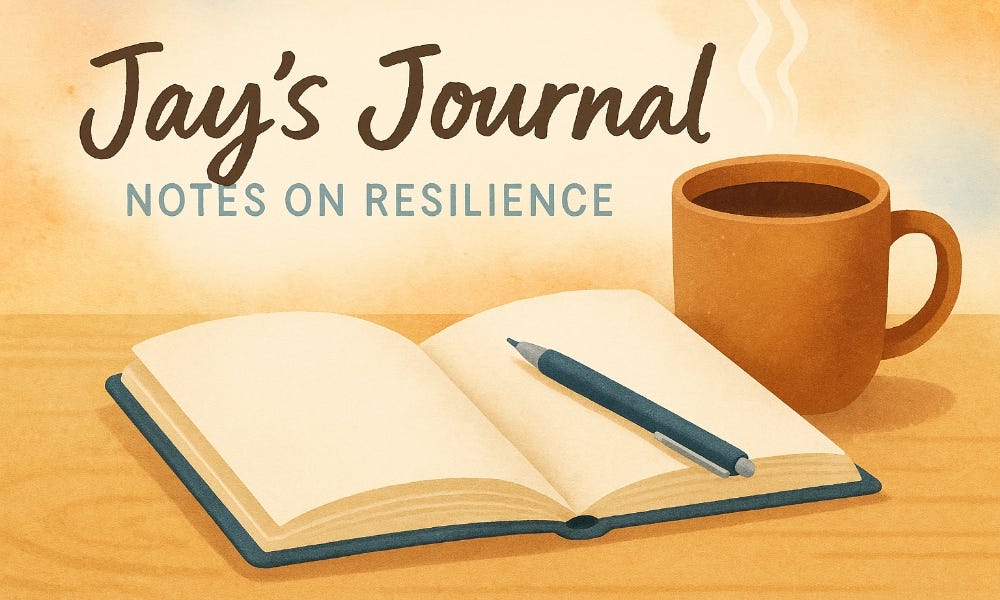
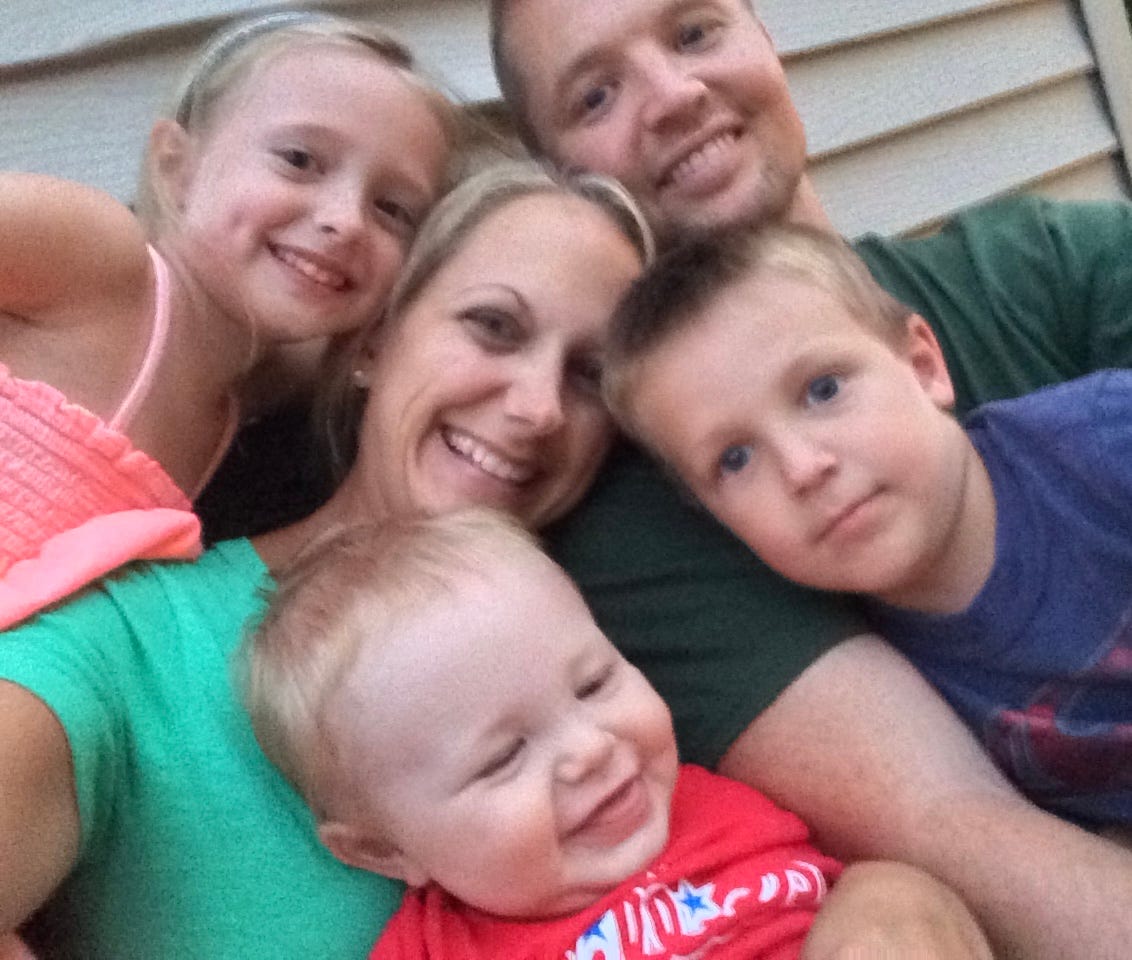
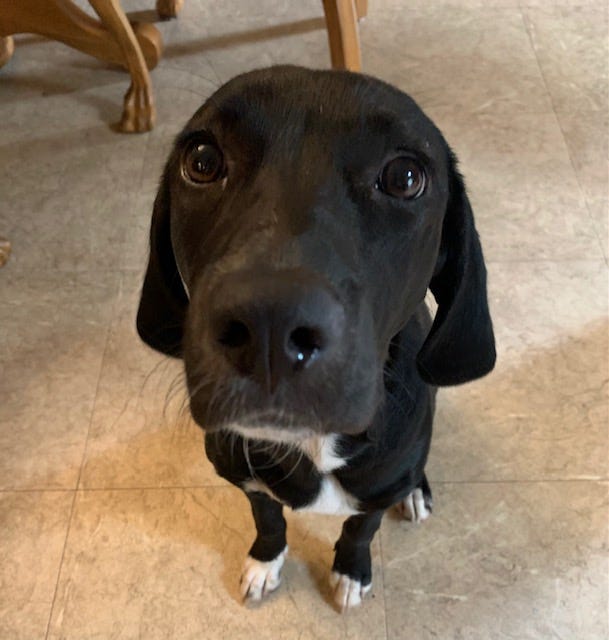
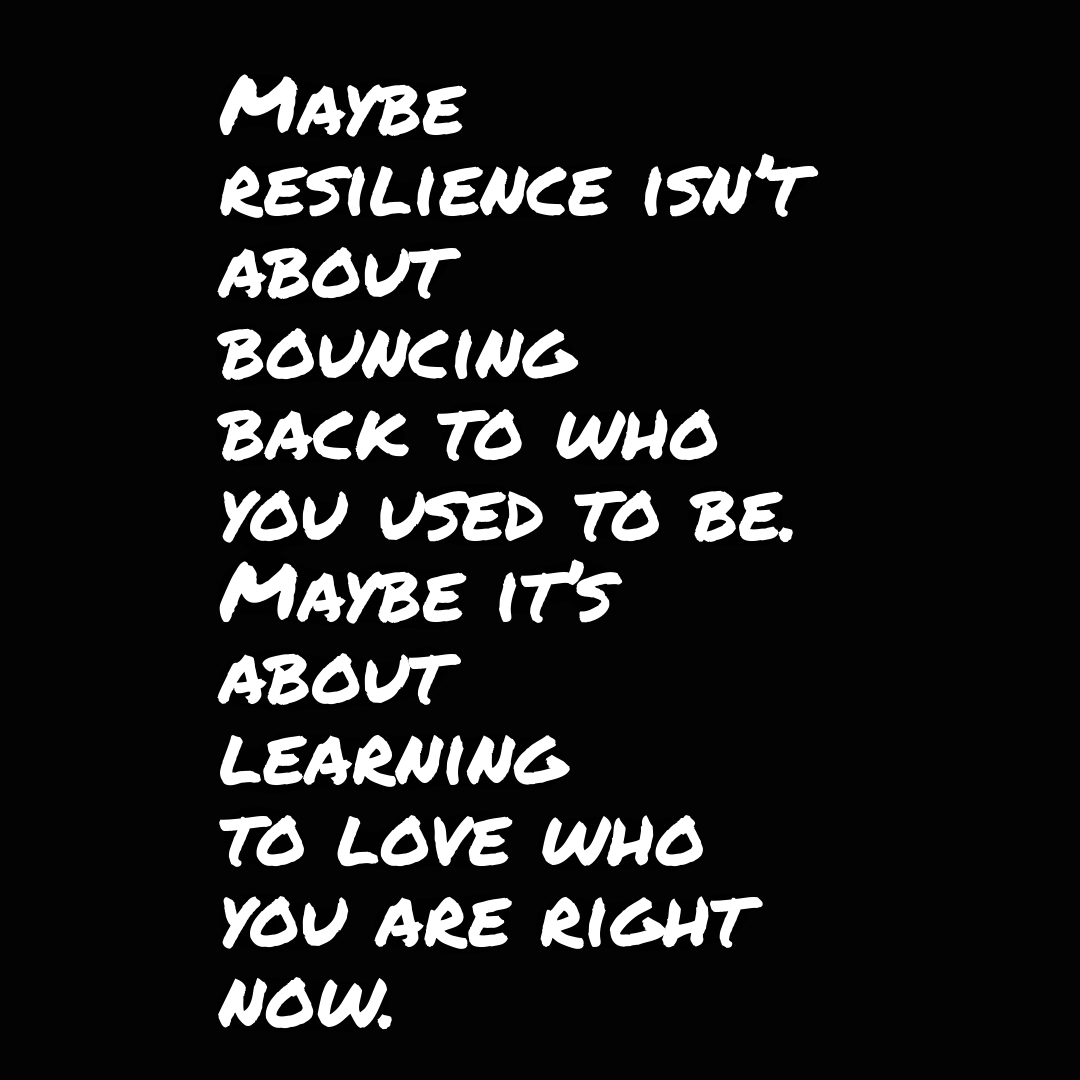


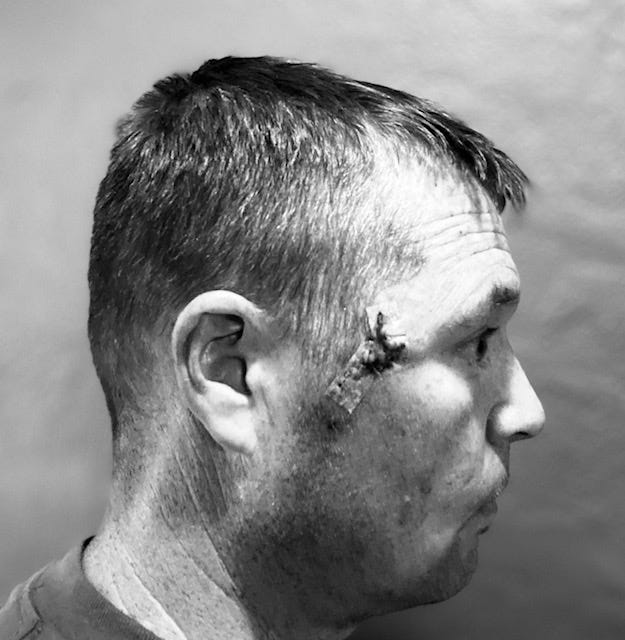

Love the family photo!
Well said, Jay.